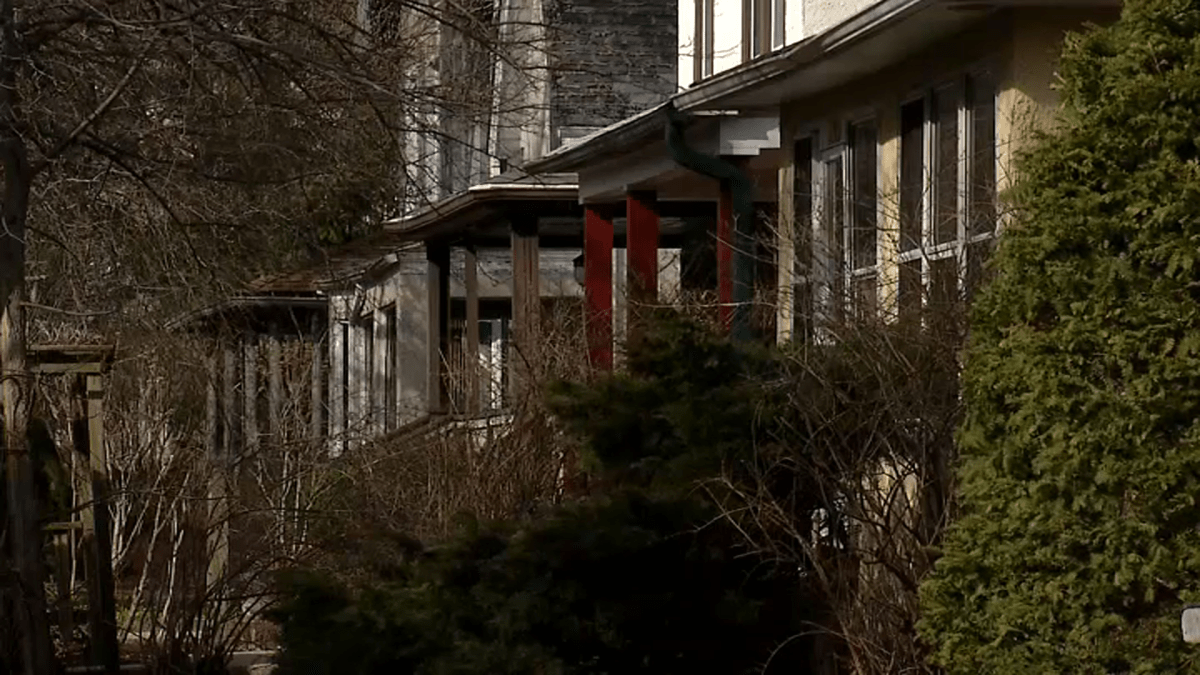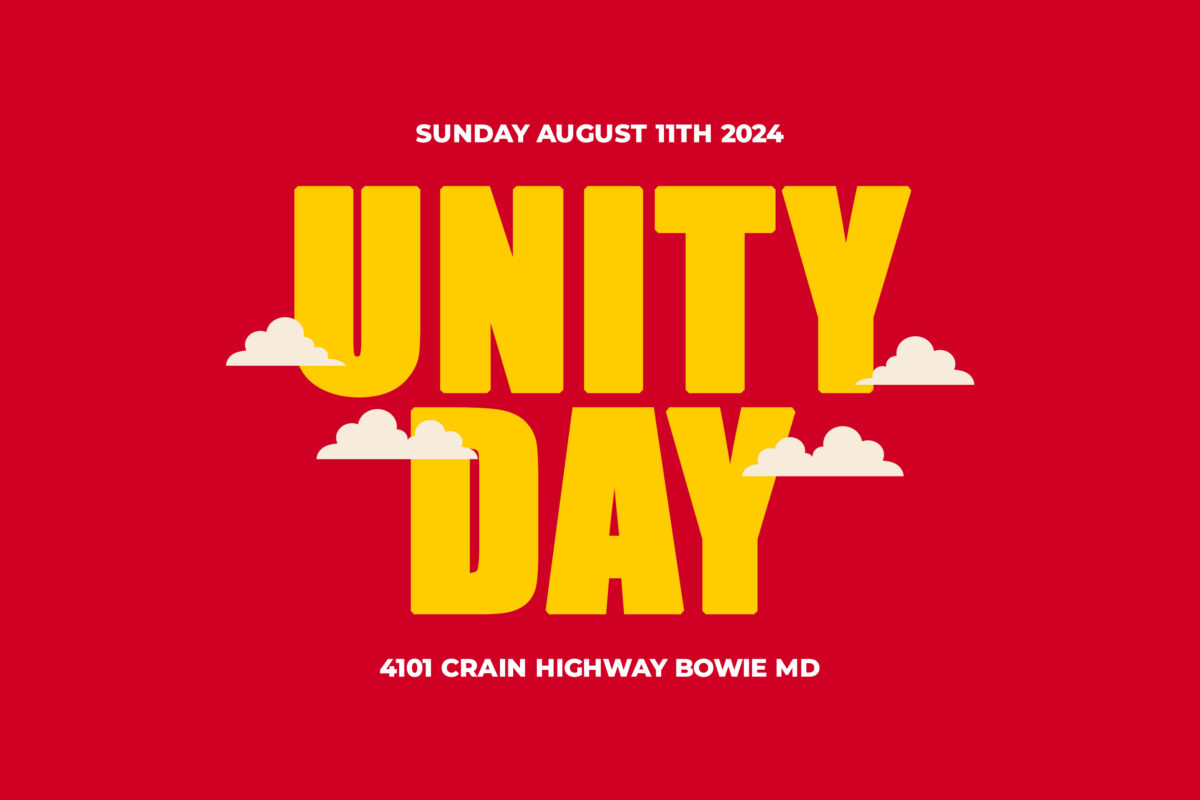It is believed to be the first program of its kind in the United States.
“I think this step is going to pull all of America forward, and it’s really critical we take that first step,” Ald. Melissa Wynne said.
According to NBC News, the city voted to approve a measure in 2019 that would “financially compensate its Black residents to address the wealth and opportunity gaps they have experienced because of historical racism.”
Tax revenues from legalized marijuana sales were used to help fund the initial outlay of the program, just a portion of the ultimately $10 million that was earmarked for the project.
“This is set aside for an injured community that happens to be Black, that was injured by the city of Evanston for anti-Black housing policies,” 5th Ward Ald. Robin Rue Simmons said.
Ald. Cicely Fleming was the lone “no” vote on the resolution, saying that while she supported the idea of reparations, she felt that the program was rushed and that residents did not have enough of an opportunity to weigh in on the measure, which was made public in recent days.
“True reparations should respect Black people’s autonomy and allow them to determine how repair will be managed, including cash payments as an option. They are being denied that in this proposal, which gives money directly to the banks or contractors on their behalf,” she said in a statement. “As a stand-alone housing program, I support this. I cannot support this plan being called ‘reparations.'”
According to NBC News, residents must either have lived in or been a direct descendent of a Black person who lived in Evanston from 1919 to 1969 and suffered discrimination in housing because of city ordinances, policies, or practices to be eligible to apply for the funds.
There were concerns about the constitutionality of the measure, with potential legal challenges looming. Evanston officials said they are prepared for such challenges and confident that the resolution will prevail in court if a challenge arises.
While some have argued that the resolution doesn’t go far enough, some expressed confidence that the program will be a good first step toward more equality in the city.
“The large majority of Black Evanston residents are very happy with the movement that is being made tonight,” Michael Nabors, head of the Evanston chapter of the NAACP, said. “We’re looking forward to getting this out of the way so that the entire nation can understand that reparations work.”










